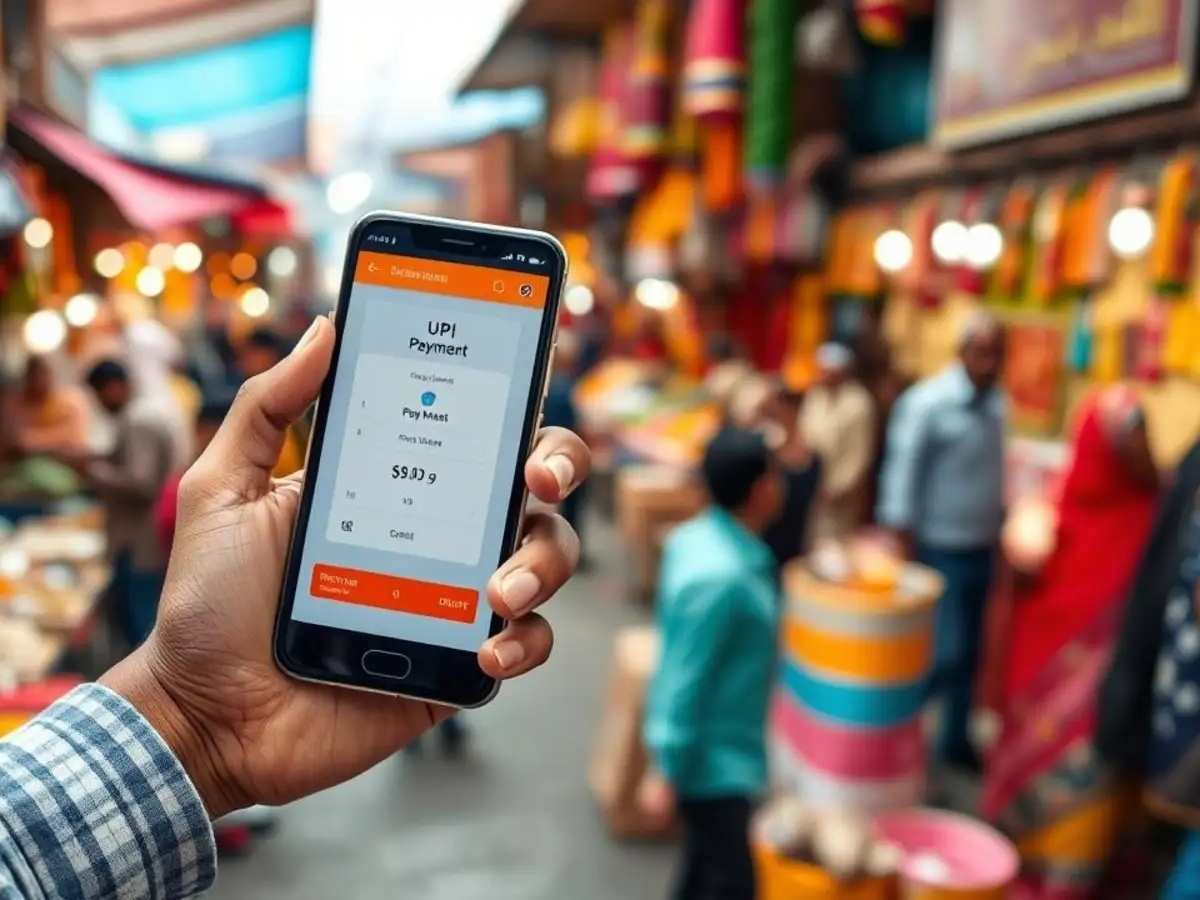In a major step towards cutting down financial scams and frauds, the National Payments Corporation of India (NPCI) has announced major changes related to UPI.
Starting October 1, 2025, banks and payment apps like Google Pay, PhonePe, and Paytm will no longer allow peer-to-peer (P2P) “collect requests.” This decision aims to protect millions of UPI users from fraudsters who exploit this feature to trick people into authorising payments.
UPI Collect Request Changes – What You Need to Know (Effective October 1, 2025)
- No more P2P collect requests: You won’t be able to send or receive UPI collect requests to or from friends and family.
- You must request payment verbally or via message: If someone owes you money, they’ll need to initiate the payment themselves, no more automated requests.
- Merchant collect requests still allowed: Collect requests from apps like Amazon, Flipkart, Swiggy, and IRCTC will continue to function normally.
- Bill-splitting affected: If you often use collect requests to split bills, this change may feel inconvenient.
- Use NPCI’s split payment feature: A safer alternative provided by NPCI to split bills without using collect requests.
- Why the change?: To reduce fraud- scammers have misused collect requests to trick users into sending money.
- Fraud stats show impact: UPI fraud losses dropped from ₹100 crore in 2019 to ₹30 crore in 2024.
- Goal: Banning P2P collect requests could help lower fraud cases even further.
What Is A UPI Collect Request And Why It’s Being Disabled
Have you ever tried asking a friend to pay you back via UPI by sending a collect request? Or have you noticed how sometimes some shopping apps request money from your account?
It’s been very easy and convenient—but now, But starting October 1, 2025, that feature will disappear for good.
Here’s why.
The “collect request” or “pull transaction” lets you ask someone for money on UPI, say, splitting dinner bills or reminding a roommate about rent. Once they approve and enter their UPI PIN, the money comes straight to you. This is also sometimes used by delivery partners, and sometimes the payment goes into the wrong account, and that is when these delivery men scam us. This is why we are advised not to touch suspicious links and avoid such scams.
But here’s the catch: scammers have been using this same feature to trick people. They pose as friends, bank officials, or even government agents, sending fake requests. One wrong tap, and your money’s gone.
To stop this, NPCI (National Payments Corporation of India) has stepped in. From October, you’ll no longer be able to send or receive collect requests from individuals. But don’t worry, online shopping and food apps can still request payments like before.
Stay safe, stay smart.
Aishwarya is a journalism graduate with over three years of experience thriving in the buzzing corporate media world. She’s got a knack for decoding business news, tracking the twists and turns of the stock market, covering the masala of the entertainment world, and sometimes her stories come with just the right sprinkle of political commentary. She has worked with several organizations, interned at ZEE and gained professional skills at TV9 and News24, And now is learning and writing at NewsX, she’s no stranger to the newsroom hustle. Her storytelling style is fast-paced, creative, and perfectly tailored to connect with both the platform and its audience. Moto: Approaching every story from the reader’s point of view, backing up her insights with solid facts.
Always bold with her opinions, she also never misses the chance to weave in expert voices, keeping things balanced and insightful. In short, Aishwarya brings a fresh, sharp, and fact-driven voice to every story she touches.







